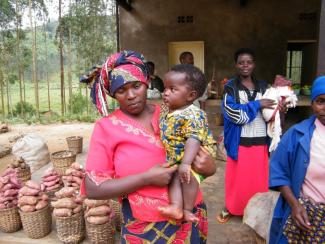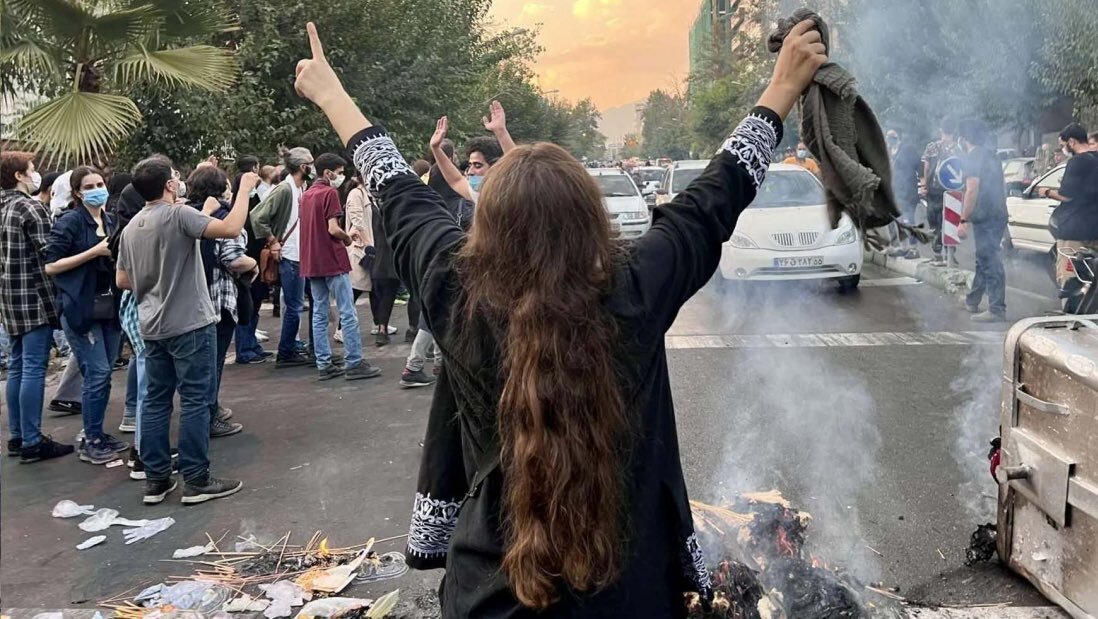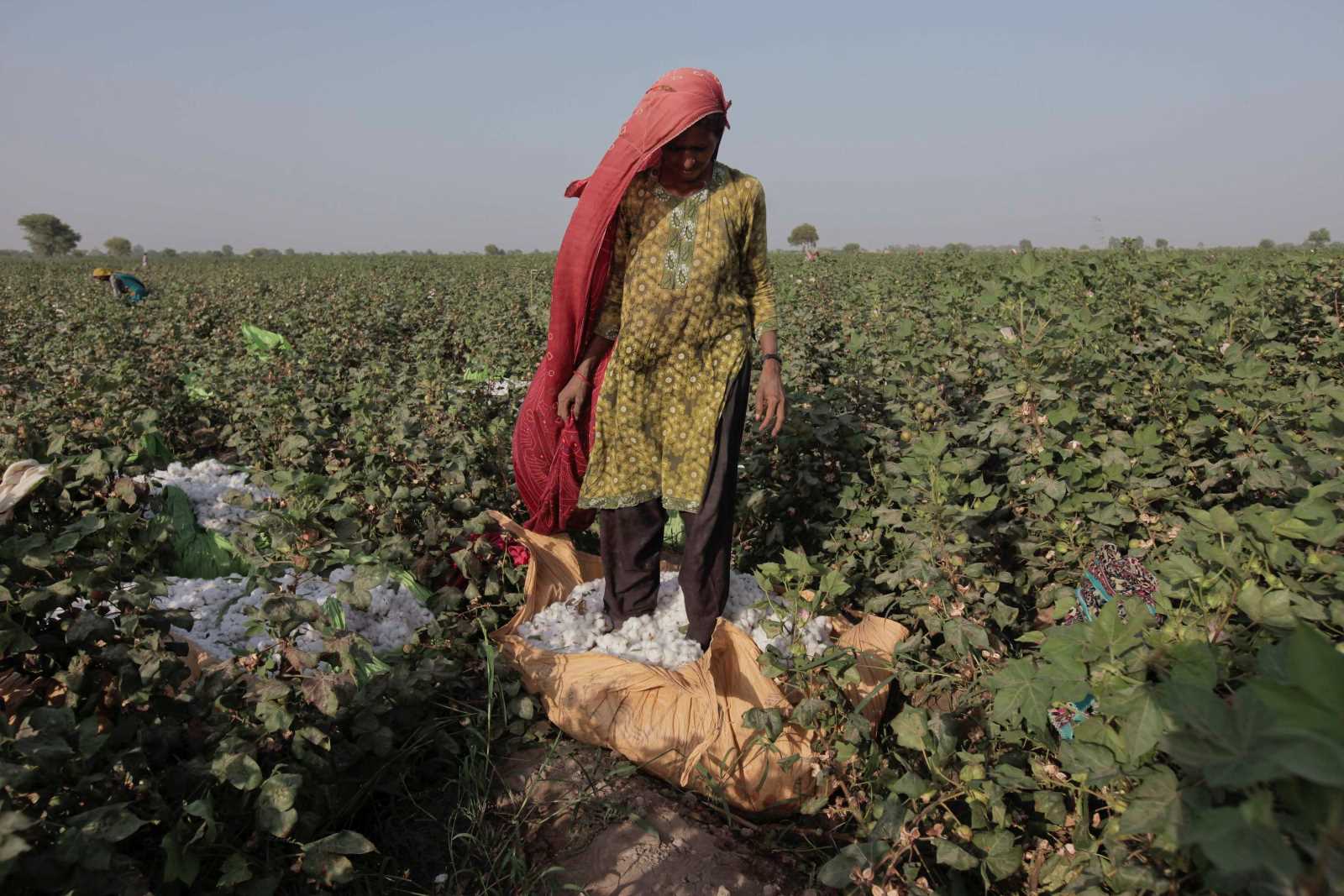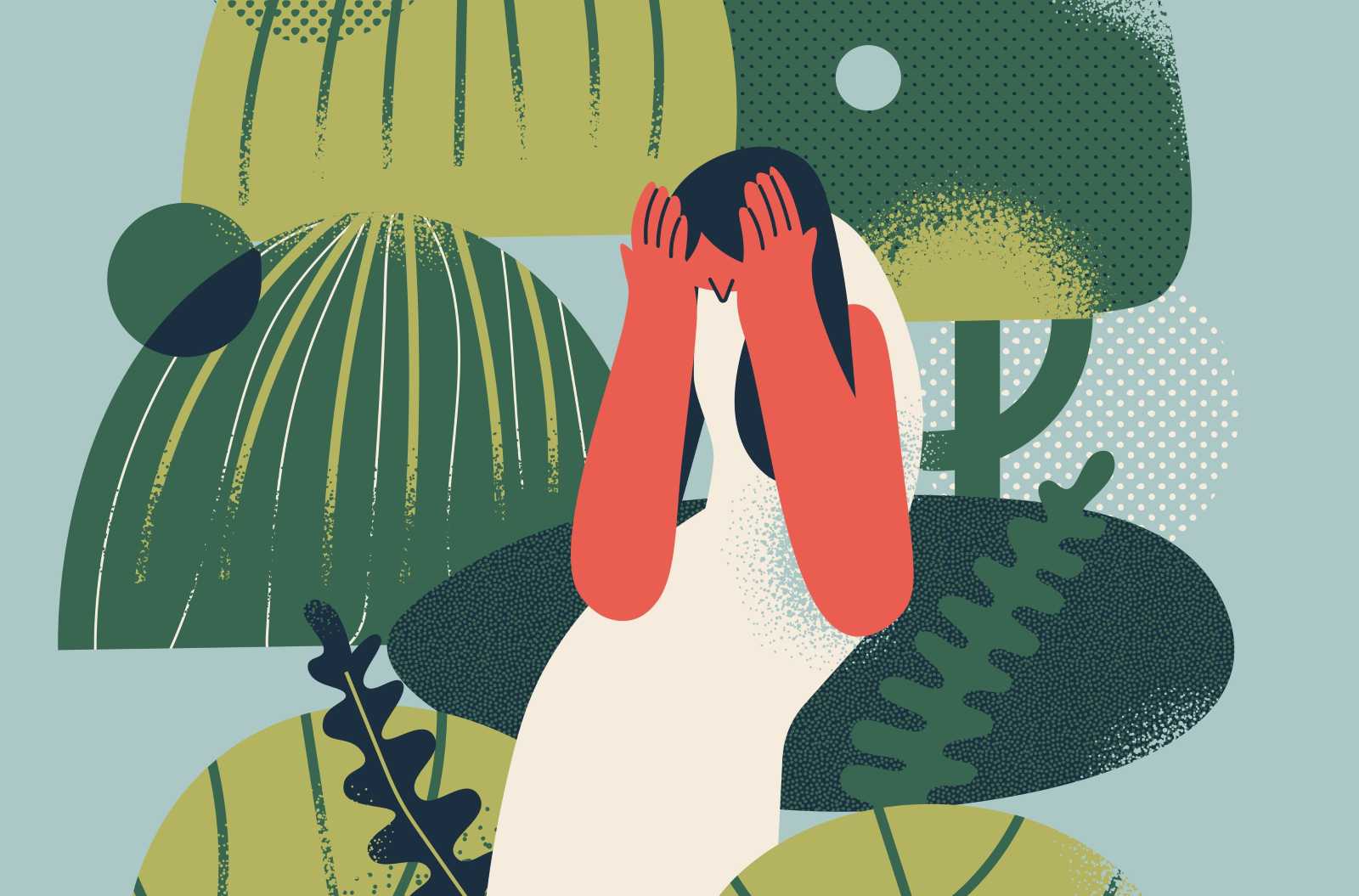Gender
The roots of the family

In 2015, the African Women’s Decade was halfway over. It was announced by the African Union on 15 October 2010 in the Kenyan capital Nairobi. That date was chosen to coincide with the International Day of Rural Women. Indeed, many African women farm land that they do not own, providing food to their families as well as to the people in general. Accordingly, the African Women’s Decade’s objective of taking a “grassroots approach to gender equality and women’s empowerment” really matters.
The African Development Bank’s 2015 African Gender Equality Index reflects the great importance of land ownership and rural infrastructure. Land is vital to ensuring families’ livelihoods, especially in times of political or economic crisis. But women own only 15 % of land in Africa.
According to a saying from Zimbabwe, women are the roots of the family. The country’s regime, however, is guilty of abuses of power and has drastically limited women’s opportunities. The very women who used to fight against colonial rule are now forced to beg for handouts of international food aid. Making matters worse, civil servants and party operatives all too often demand sexual services in exchange for aid packages.
The gap between AU aspirations and Zimbabwe’s ground reality is huge. It bears mention that Robert Mugabe, who has been Zimbabwe’s authoritarian president for decades, was only recently serving as AU chairperson as well.
For years, research on gender, women and family issues have proven the adage that “the private and personal is political”. The essay collection “Under Development: Gender” offers many compelling examples (Verschuur/Guérin/Guétat-Bernard 2014).
African women and their families are afflicted by maternal as well as infant mortality, by HIV/AIDS, various nutritional deficiencies and inadequate health-care systems. In many war-torn countries and in underequipped refugee camps, sufficient food and medical care are not available. That is so in Uganda or Kenya for example. Anne Bellows’ team of human-rights researchers provides interesting information on these matters (Bellows/Valente et al. 2015).
More than 12 million HIV/AIDS orphans in Africa are in need of care. If pregnant women had been given adequate antiretroviral medication, they would not have passed the virus on to their children. If, moreover, comprehensive HIV prevention programmes existed for men, the situation would never have become so dire. Both, however, would have required significant investments by international HIV/AIDS funds as well as progress in fight against corruption (understood as the abuse of public office for private benefits). Cornwall et al. and Freedman discuss the role that men’s reproductive health plays in politics (Cornwall/Edström/Greig 2011; Freedman 2013).
Educational campaigns should have taught men a long time ago that an HIV infection is not evidence of virility, and that AIDS kills them. Many men are becoming aware of these simple facts only now. HIV rates are especially high in countries like Malawi and South Africa, where religious and/or political dogmas have long had a bearing on health-care policies. Failure to stem the pandemic, however, means that orphaned teenagers are now forced to fend for their younger siblings and, in some cases, their grandparents as well.
The situation of women and children was especially bleak in the “homelands” created by the South African apartheid regime from 1948 onwards. Infrastructure was systematically neglected there, and most of the land could not be used for agriculture. In the mid 1980s, hunger and malnourishment among children was as bad in the homelands as it typically is in warzones. At the same time, multinational corporations were investing in South Africa, despite the UN sanctions. The UN had denounced apartheid as a crime against humanity.
So far, only one South African corporation (and not a single foreign one) has ever faced consequences for the fact that many employees became gravely ill, disabled or died at work, especially in mines with poor safety conditions. Wives and daughters had to feed and take care of the men concerned. Many families never received any compensation for injuries suffered on the job. Today, the South African state has assumed responsibility for supporting the impoverished and disabled men, widows and families.
Scholars studying South Africa have shown that the problems families face today have historical, political and economic roots (van den Berg 2015). It is, however, not enough to offer help only to teenage mothers and victims of domestic violence after beatings or rapes took place. Comprehensive preventative measures are necessary.
After 1994, South Africa made gender equality and protection from violence part of its post-apartheid constitution, establishing new legal standards for launching programmes to prevent domestic violence. In 2000, moreover, it passed the Promotion of Equality and Prevention of Unfair Discrimination Act. It is in line with international treaties and AU agreements. According to the act, federal law supersedes traditional law, and all women have equal rights, including all women who were married according to traditional legal norms.
In 2012, neo-traditionalist factions in the ANC, the ruling party, tried to weaken these legal protections. But a strong coalition of civil-society organisations managed to block their attempt. Homosexuals, who had won the right to marry in 2006, joined millions of women who had been married under traditional law. They all feared they might lose their legal protection against discrimination. They prevailed, but neo-traditionalists in parliament have since attempted to amend the law again, and in practice, the rights of traditionally married women are often simply ignored, as South African legal scholars have noted (Thipe 2013).
South Africa’s Domestic Violence Act of 1998 and Sexual Offences Act of 2007 are meant to ensure that perpetrators of gender crimes are brought to justice. However, women in rural areas have a hard time pressing charges. At the same time, abortions are also difficult to obtain, although they were legalised in 1996.
One third of the women who give birth in South Africa are teenagers. Because of their young age, even mothers unaffected by HIV are prone to pregnancy complications. Single mothers raise about half of all children. Many men who never experienced their father’s care have difficulties taking on family responsibility (see essay by Sonwabiso Ngcowa).
An interesting study on South Africa indicates that good parenthood helps to reduce violence (Wessels/Lester/Ward 2016). Where conflicts are resolved more peacefully, the health of mothers and children improves. Especially in rural areas with high rates of poverty and unemployment, however, people cannot attend parenting courses.
They struggle with the typical issues that generally compound poverty in developing countries: poor infrastructure, sudden illnesses and the lack of long-term employment, for example. The researchers see these problems in the context of the policy goals of reducing poverty and inequality. Important issues for national development planning thus include decent employment, incomes and appropriate housing.
Rita Schäfer is a freelance author and scholar.
genderinafrika@web.de
References
African Development Bank, 2015: Empowering African women, Agenda for Action, Africa Gender Equality Index 2015. Addis Abeba: AfDB.
http//www.afdb.org
African Union, 2003: Protocol to the African charter on human and people’s rights on the rights of women in Africa. Addis Abeba: African Union.
Bellows, A., Valente, F., et al., 2016: Gender, nutrition, and the human right to adequate food. London: Routledge. Cornwall, A., Edström, J., Greig, A. (eds.), 2011: Men and development, politicizing masculinities. London: Zed Books.
Freedman, J. (ed.), 2012: Engaging men in the fight against gender violence. Case studies from Africa. Houndsmills: Palgrave/MacMillan.
Thipe, T., 2013: Defining boundaries: Gender and property rights in South Africa’s traditional courts bill. In: Laws, 2, 4, 2013, pp.483-511.
Van den Berg, W. (ed.), 2015: State of Africa’s fathers: A men care advocacy publication. Adapted from state of the world’s fathers. Washington D.C.: Rutgers / Promundo et al.
Verschuur, C., Guérin, I., Guétat-Bernard, H. (eds.), 2014: Under development: Gender. Houndsmills: Palgrave/MacMillan.
Wessels, I., Lester, S., Ward, C., 2016: Engagement in parenting programmes. ISS Policy Brief, 82. Pretoria: Institute of Security Studies.
Links
African Union: Women, Gender and Development.
http://au.int/en/wgd
Sonke Gender Justice Network:
http://www.genderjustice.org.za/













